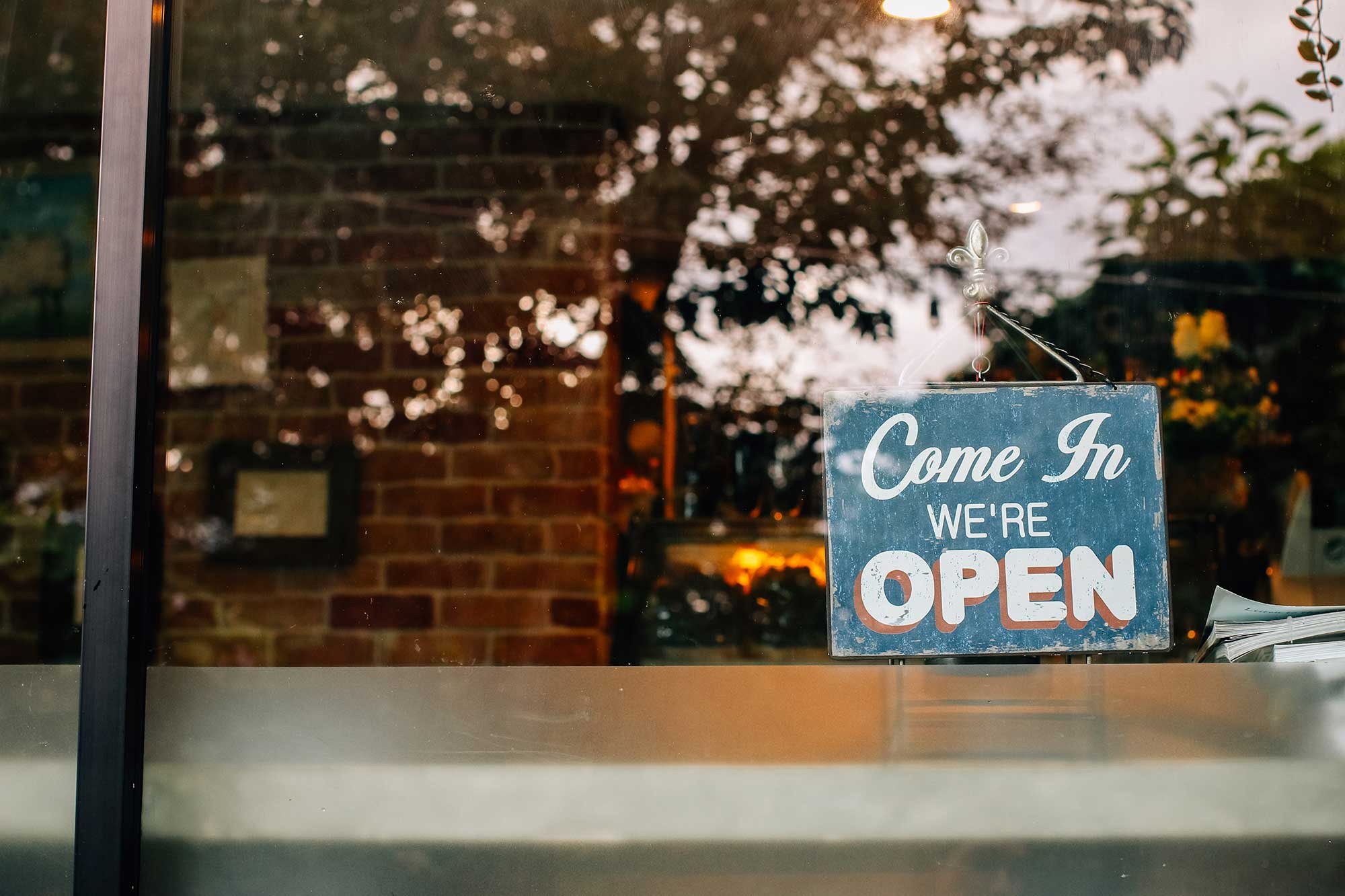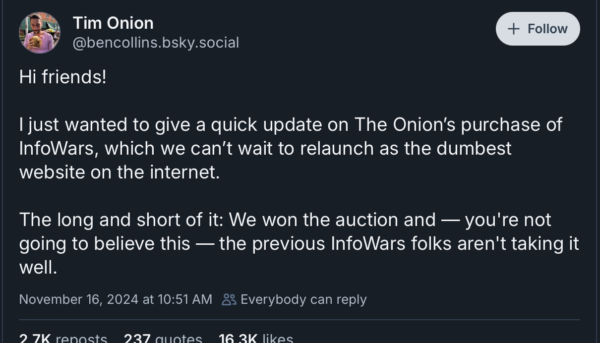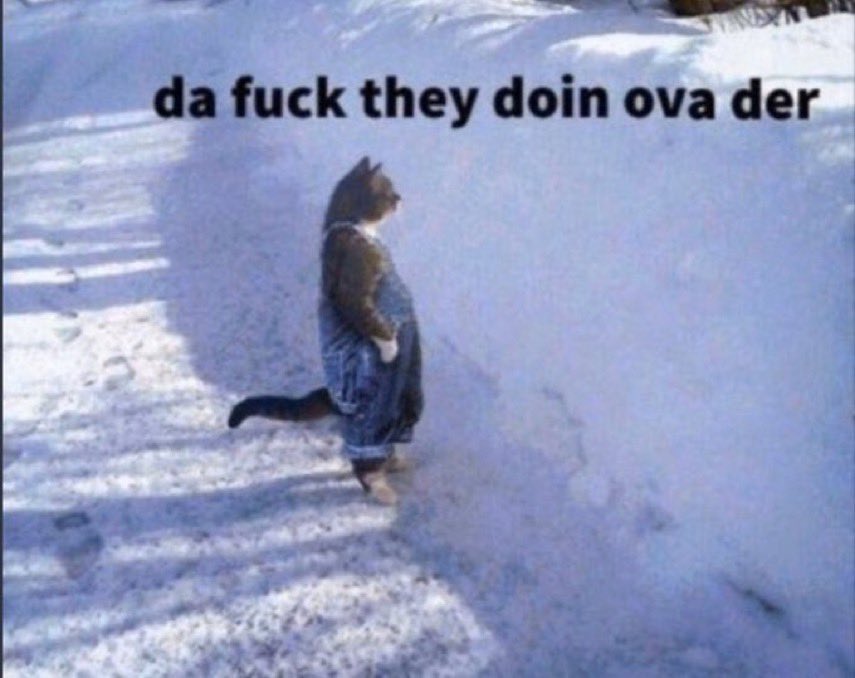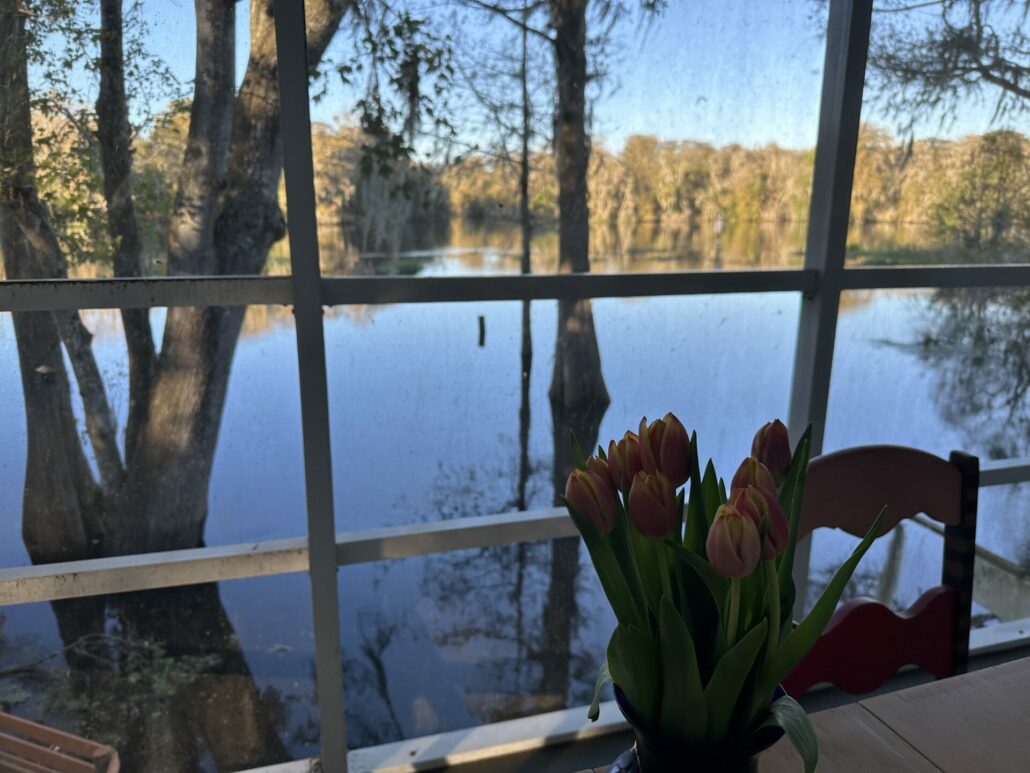This is 1000x more important than quibbling over what wording or messaging was or was/not effective. The biggest issue by far is the information environment. Where people are getting their news decided what breaks through. No amount of 'saying the magic words' changes that. https://t.co/q8pEGszShA
— Centrism Fan Acct ?? (@Wilson__Valdez) November 10, 2024
Charlie Warzel, at the Atlantic, wrote this a whole week ago, which already feels like forever. “Bad News: Legacy media must compete against a choose-your-own-adventure reality.”:
“You are the media now.” That’s the message that began to cohere among right-wing influencers shortly after Donald Trump won the election this week. Elon Musk first posted the phrase, and others followed. “The legacy media is dead. Hollywood is done. Truth telling is in. No more complaining about the media,” the right-wing activist James O’Keefe posted shortly after. “You are the media.”…
A defining quality of this election cycle has been that few people seem to be able to agree on who constitutes “the media,” what their role ought to be, or even how much influence they have in 2024. Based on Trump’s and Kamala Harris’s appearances on various shows—and especially Trump’s and J. D. Vance’s late-race interviews with Joe Rogan, which culminated in the popular host’s endorsement—some have argued that this was the “podcast election.” But there’s broad confusion over what actually moves the needle. Is the press the bulwark against fascism, or is it ignored by a meaningful percentage of the country? It is certainly beleaguered by a conservative effort to undermine media institutions, with Trump as its champion and the fracturing caused by algorithmic social media. It can feel existential at times competing for attention and reckoning with the truth that many Americans don’t read, trust, or really care all that much about what papers, magazines, or cable news have to say.
All of this contributes to a well-documented, slow-moving crisis of legacy media—a cocktail whose ingredients also include declining trust, bad economics, political pressure, vulture capitalists, the rise of the internet, and no shortage of coverage decisions from mainstream institutions that have alienated or infuriated some portion of their audiences. Each and every one of these things affected how Americans experienced this election, though it is impossible to say what the impact is in aggregate. If “you are the media,” then there is no longer a consensus reality informed by what audiences see and hear: Everyone chooses their own adventure…
I’ve watched for the past year with grim fascination as both the media industry and its audience have sparred and tried to come to some shared understanding of what the hell is going on. The internet destroyed monoculture years ago, but as I wrote last December, it’s recently felt harder to know what anyone else is doing, seeing, or hearing online anymore.
News sites everywhere have seen traffic plummet in the past two years. That’s partly the fault of technology companies and their algorithmic changes, which have made people less likely to see or click on articles when using products like Google Search or Facebook. But research suggests that isn’t the entire story: Audiences are breaking up with news, too. An influencer economy has emerged on social-media platforms. It’s not an ecosystem that produces tons of original reporting, but it feels authentic to its audience…
Independent online creators aren’t encumbered by any of this hand-wringing over objectivity or standards: They are concerned with publishing as much as they can, in order to cultivate audiences and build relationships with them. For them, posting is a volume game. It’s also about working ideas out in public. Creators post and figure it out later; if they make mistakes, they post through it. Eventually people forget. When I covered the rise of the less professionalized pro-Trump media in 2016, what felt notable to me was its allergy to editing. These people livestreamed and published unpolished three-hour podcasts. It’s easier to build a relationship with people when you’re in their ears 15 hours a week: Letting it all hang out can feel more authentic, like you have nothing to hide.
Interesting Read(s): <em>You Are The Media Now</em>Post + Comments (253)





